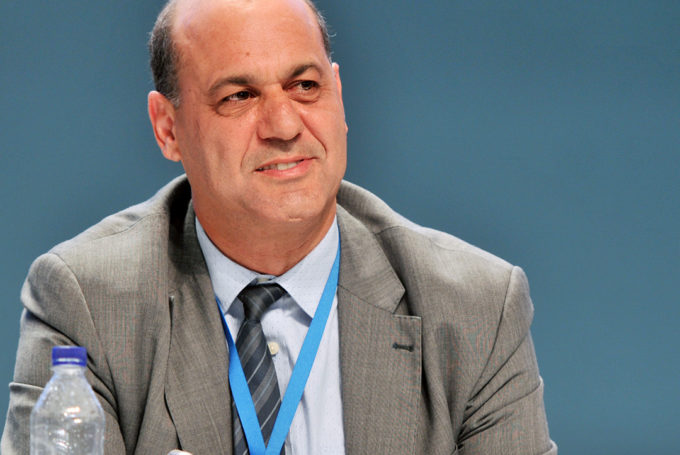Intermediary cities play a unique and crucial role in the fight against climate change. These cities account for 30 percent of the world’s urban population, a figure estimated to rise to 50 percent in 20 years. They also play a primary role in connecting important rural and urban areas to basic facilities and services – and are where we’ll see the most impact from local leaders’ efforts to reduce global warming.
My role as president of the Intermediary Cities Forum has provided me with a comprehensive picture of the climate challenges facing the world, as well as the potential represented by intermediary cities. My own city of Chefchaouen is proud to be a climate leader in the MENA region, promoting energy efficiency, energy savings, renewable energy and green economy, with particular attention to transparency so our citizens can understand the benefits of climate action. Our Info-Energie Center is a testament to our commitment to climate action and equality; anyone in the city, from large businesses to individuals, can visit the center to receive expert advice on increasing their energy efficiency. But beyond our own city, we also connect the climate debate to regions, towns and villages that might otherwise be left out of the global conversation. We’re pleased with the progress we’ve made in Chefchaouen since deciding to transform into an ecologically sustainable city – but there is always more to be done.
In July, Chefchaouen was proud to co-host the 1st UCLG World Forum of Intermediary Cities bringing together more than 250 leaders from 40 countries focused on the critical nature of intermediary cities and their role in implementing global agendas such as the New Urban Agenda and the Sustainable Development Goals, including the fight against climate change.
We came together to develop solutions for some of the world’s most daunting challenges. For instance, the Global Covenant of Mayors for Climate & Energy gathered the input of mayors and local governments, leading academics and private sector practitioners to build a City Research and Innovation Agenda by identifying priority areas of scientific research, technology development and innovations to help accelerate more ambitious city climate action.
Sharing access to actionable scientific data and exchanging needs and lessons learned around technological innovation – such as e-mobility, energy storage, clean energy, smart and efficient buildings, waste management solutions for circular economies – will ultimately lead to more liveable, prosperous and healthy communities. In addition to including the world’s metropolises, it is crucial to ensure that intermediary cities, which have great potential to play a significant (if not determining) role in the planet’s sustainability, are incorporated in such discussions.
This historic forum and the outcomes as laid out in the Chefchaouen Declaration-Charter of the Intermediary Cities of the World are an important opportunity to help drive forward dialogue and collaborative action that will help intermediary cities set and achieve more ambitious climate targets. Because when local leaders have the resources and means to act, they can catalyse even greater action to reduce emissions and increase resiliency to the growing effects of climate change.
